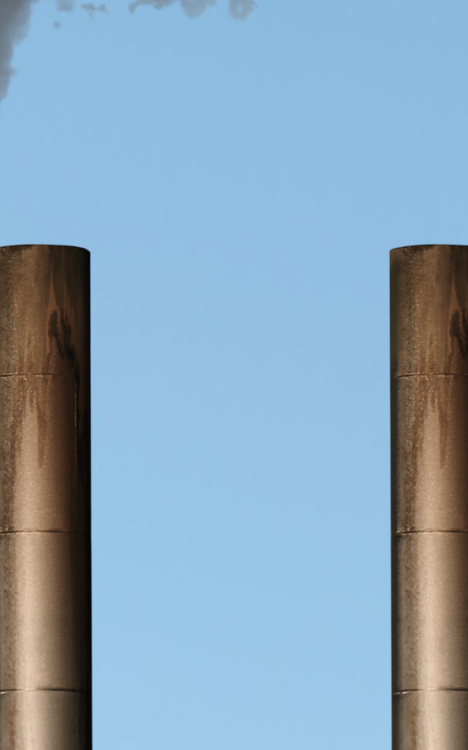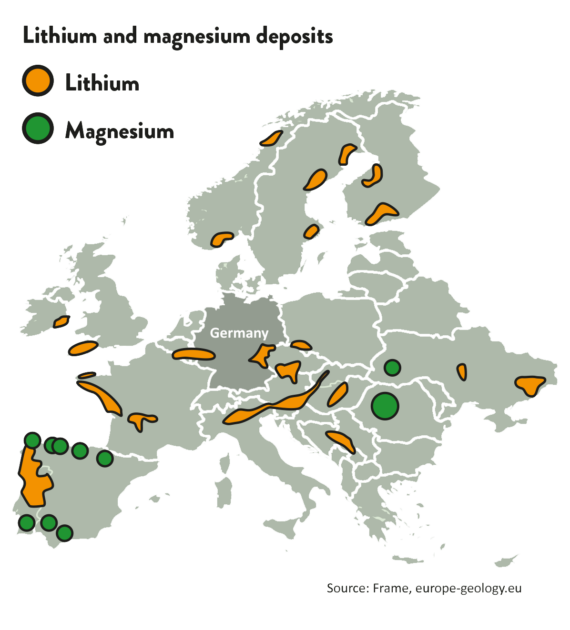Nevertheless, for many procurement managers, sustainability remains just a topic for the future. In our latest raw materials study, the massive cost increases for raw materials and energy as well as security of supply dominate the agenda. 77 to 90 % of the study participants see these as the greatest risks to corporate success.
The Ukraine war has exacerbated shortages, but it is leading to higher prices and instability rather than real shortages. The companies we surveyed complain of delays and poorer planning ability, but not of defaults on goods already ordered.
The study participants do not expect the situation to ease in the next two years. In fact, 80 % expect prices to continue to rise. In contrast, the World Bank expects commodity prices to stabilize at a high level in its October analysis: As global growth is slowing, demand is falling. This will put the brakes on price increases. In fact, many industrial raw materials are now trading at lower prices than in early summer. A survey by the IFO Institute in November nevertheless proves the price skeptics in our survey right: 50 % of the companies surveyed revealed that they would pass on increased prices in the coming months.
Two thirds (69 %) of the respondents of our raw materials study also want to pass on price increases. To benefit from any future price reductions, a majority of almost 60 % now agree contracts with price escalation clauses, which were still the exception just a few years ago. Solutions for the use of recycled materials or substitutes as well as general material savings are considered sensible by half of the study participants, but only used by about one third. Companies should work more intensively on these initiatives because substitutes and the use of recycled materials are generally associated with cost savings.



